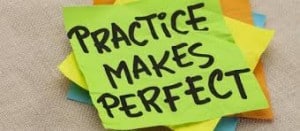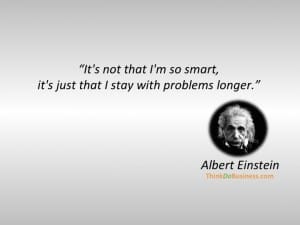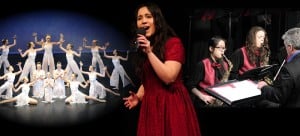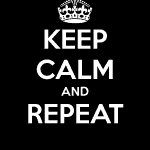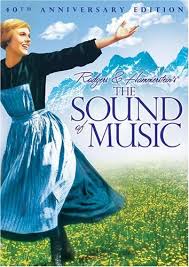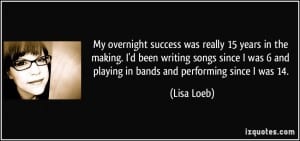5 Things you can do to improve your singing practice.
You can listen to this blog post here:
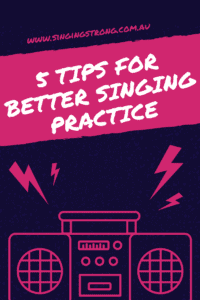
As singers, we all want to be able to practice regularly to improve our skills. But sometimes we are not sure about what we need to make our practice sessions worthwhile. Below you will find 5 tips to help you make the most of your practice time and achieve success.
Tip Number 1:
Make sure you have all the materials you need to practice.
-
Use sheet music when practicing, not just lyrics. We are musicians and should be able to read music. The sheet music also gives important clues about things like tempo and dynamics.
-
Invest in a music stand. It is important you have something to put your music on that you can stand at. You can get collapsible stands that fold away neatly. I have a manhasset music stand which is more expensive, but is really easy to use and very solid. You can click on the pictures if you want to order them online.
fold away stand Manhasset stand
-
Make sure any device that you use for playing backing tracks is loud enough to sing along with. You might need to invest in some speakers if you are using an ipad or phone. Don’t practice using headphones. This is a bad habit to get into as you can’t hear yourself properly.
 Headphones are great for listening to music but not so good for practice.
Headphones are great for listening to music but not so good for practice.
Tip number 2:
Have a designated place to practice.
-
Have a special, clean, private ready to start in space. Having a space always ready for singing makes it much easier to get started. If you are always having to pull things out to get started, or have to practice in a space where other people are, you are less likely to get going.

Tip number 3:
Be clear about what you need to practice.
-
Always have a plan about what you want to work on during the week between lessons. Make sure you have discussed with your teacher what will be required and then have some way to record what you have done. This way you can account for your practice sessions.
Tip Number 4:
Make it part of your routine. EVERY. SINGLE. DAY.
-
Singing practice should be a part of your every day routine. Just like brushing your teeth or having a shower, we need to find time each day to practice our singing. If you start this from the beginning it is easy to reinforce. For young students, parents really need to be present in the beginning to encourage this routine. Make a time and stick to it, whether it be in the morning or afternoon. If no time is dedicated to practice, it simply will not happen.
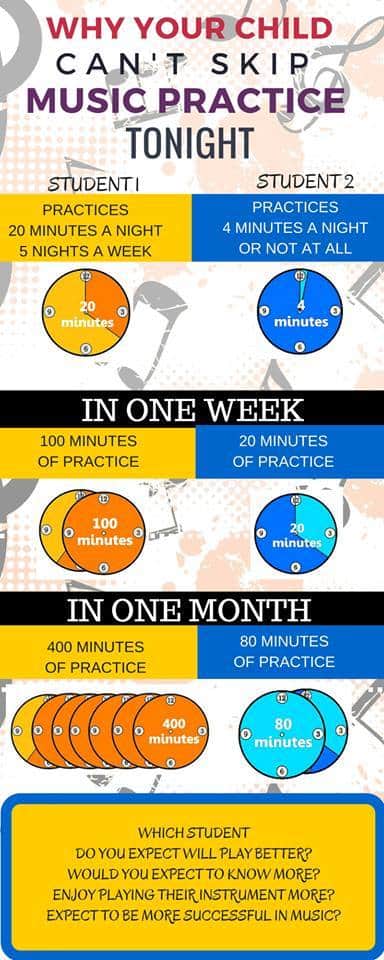
Tip Number 5:
Warm up, then chunk it.
-
Make sure you warm up well. Have a warm up routine that you can do in about 5 minutes. Here is a link to a website with some great ideas on warming up. Click here.
-
Don’t try to do it all at once, break it up. Hopefully your teacher has highlighted what needs to be worked on. Focus on those small sections and get them correct, then put it all together.
-
A couple of 10 minute sessions each day is much better than trying to do an hour at a time. Committing to 20 – 30 minutes each day is quite achievable – this equates to at least 3 hours practice a week.
Use these five tips you are guaranteed to have success with your singing. Remember singing is a skill and can be developed like any instrument. Your success depends on your practice!

Want to have singing lessons? To get started in your musical journey with Mary and Singing Strong please click here and fill in your details.
Mary will get in contact with you to assist you with your inquiry.

Mary Mirtschin

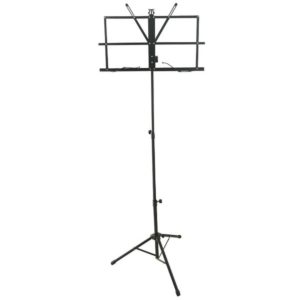
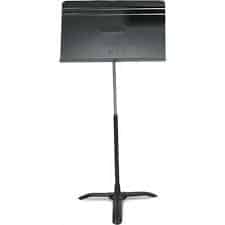

 The answer is yes. If you are able to talk then it is possible to sing.
The answer is yes. If you are able to talk then it is possible to sing. It’s the beginning of 2016 and you haven’t practiced any singing since before Christmas. Does that sound like you? I am a little bit guilty of this too. The Christmas season was so busy for me I hardly had any time for anything else. It was a wonderful time celebrating with family and friends and I did sing heaps of Christmas carols, but most things like practice got put aside. Now with the new year we find ourselves back into more of a routine, but finding the motivation to get back into practice can be a bit challenging.
It’s the beginning of 2016 and you haven’t practiced any singing since before Christmas. Does that sound like you? I am a little bit guilty of this too. The Christmas season was so busy for me I hardly had any time for anything else. It was a wonderful time celebrating with family and friends and I did sing heaps of Christmas carols, but most things like practice got put aside. Now with the new year we find ourselves back into more of a routine, but finding the motivation to get back into practice can be a bit challenging.